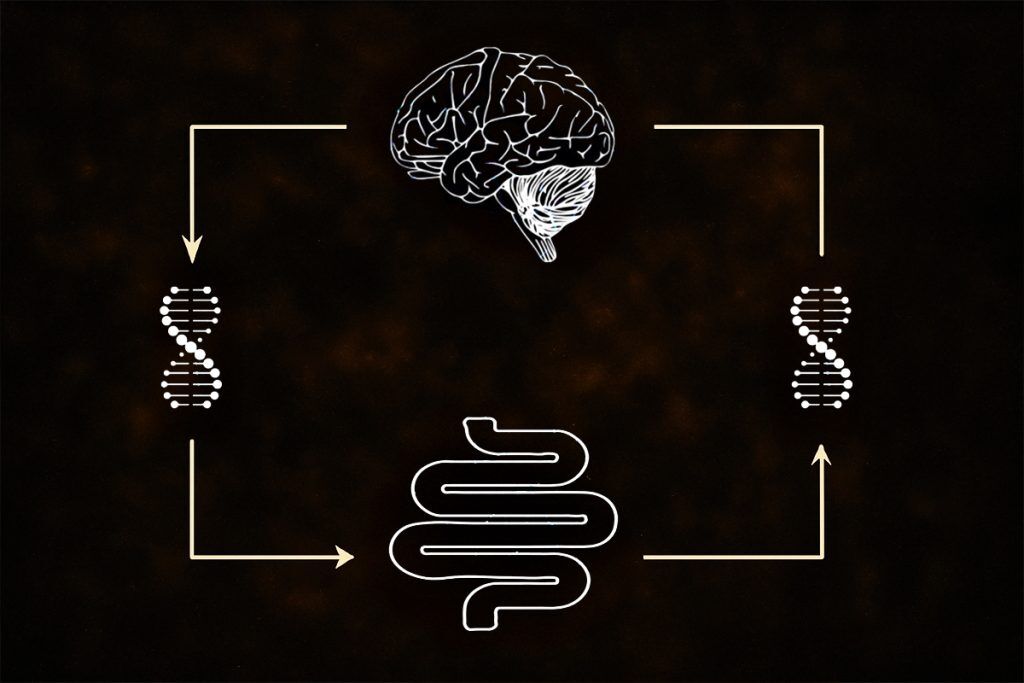
Eighteen-month expedition sets out to examine longevity practices and question assumptions behind blue zones model.
As debates continue over the validity of the so-called blue zones – geographic regions long celebrated for fostering extraordinary longevity – a new initiative seeks to examine their claims more closely. BlueCruise, a privately funded expedition launched from the historic M/Y Prometej, will spend the next eighteen months traversing oceans and remote terrain to assess longevity in practice and principle.
The project is the brainchild of Dr Tobias Reichmuth, a Swiss longevity investor and entrepreneur best known for his appearances on Shark Tank Switzerland, and Aleksandra Jovanovic, a Geneva-based commodity trader and wellbeing entrepreneur. Describing the initial motivation for the expedition, Reichmuth told Longevity.Technology: “I was really enthusiastic about the blue zones. Then I started to learn about some criticism – is the data right? I thought I might as well go and find out myself!”
Longevity.Technology: The criticism in question pertains to discrepancies in the demographic data underpinning the blue zones model, which was popularized by researcher Dan Buettner [1]. While the concept – centering on five global regions including Okinawa (Japan), Sardinia (Italy), Ikaria (Greece), Nicoya (Costa Rica) and Loma Linda (California) – has gained wide recognition, recent (as yet not peer-reviewed) investigations have raised questions regarding methodological robustness, including the reliability of census records and statistical interpretations [2].
BlueCruise is thus positioned as both an exploratory mission and a research platform. Sailing through some of the world’s most challenging and diverse regions – including the Northwest Passage, Antarctica and Easter Island – the expedition aims to gather firsthand data, interview local populations and test the biological markers of longevity practices in context. All five original blue zones will be visited during the voyage.
However, the inquiry is not limited to cultural or regional analysis. BlueCruise is designed as an active longevity experiment in itself. Each participant on board will receive comprehensive health diagnostics, followed by individually tailored wellness strategies. These are developed in partnership with Ayun, a health diagnostics firm, and Powercube, a Swiss company specializing in personalized nutrition and physical performance.
Central to life on board is the daily application of these strategies. A full suite of equipment – including a Technogym fitness area, IHHT machine for altitude simulation, red-light therapy devices and steam bath and sauna facilities – is made available to both guests and crew. Meals are devised and prepared by longevity chef Merlin Dettwiler, who creates dishes based on each participant’s health profile.
Supplementation, sometimes a contested aspect of longevity science, also features prominently. Guests will receive a regimen supported by AVEA Life and KAEX, two companies producing health supplements and recovery-enhancing drinks. The goal, according to Reichmuth, is not merely observational.
“With BlueCruise we want to identify the best practices for longevity around the world,” he told us “We invite researchers on the boat to join our mission and we lead a healthy life – from personalized diet and supplementation to daily workouts.”
Sustainability is also a consideration in the logistical execution of the journey. Ocean Independence, an established yacht management company, oversees the operational side of the expedition, while Amundsen Sports provides high-performance cold-weather gear for navigating polar conditions. Ethical Yacht Wear, which focuses on sustainable textiles for the maritime sector, has supplied uniforms for the nine-member crew.
Although BlueCruise is not affiliated with any formal academic institution, it is positioning itself as a citizen-science initiative, welcoming researchers and health practitioners to join the voyage at various stages. The project hopes to serve as a form of real-time case study – examining both the cultures it visits and the individuals it carries.
In an increasingly saturated longevity market where claims often outpace clinical consensus, BlueCruise represents an unusual blend of self-experimentation, lifestyle application and ethnographic inquiry. Whether it can yield insights of wider scientific value remains to be seen; what is evident is its desire to bring rigor and curiosity to one of the most persistent questions in modern health science – how, and where, do we live longer, better lives?
Photographs courtesy of BlueCruise
[1] Buettner, D (2009). The Blue Zones: Lessons for Living Longer From the People Who’ve Lived the Longest. National Geographic Society.[2] https://www.biorxiv.org/content/10.1101/704080v1.full
#BlueCruise #embarks #global #voyage #search #longevity



